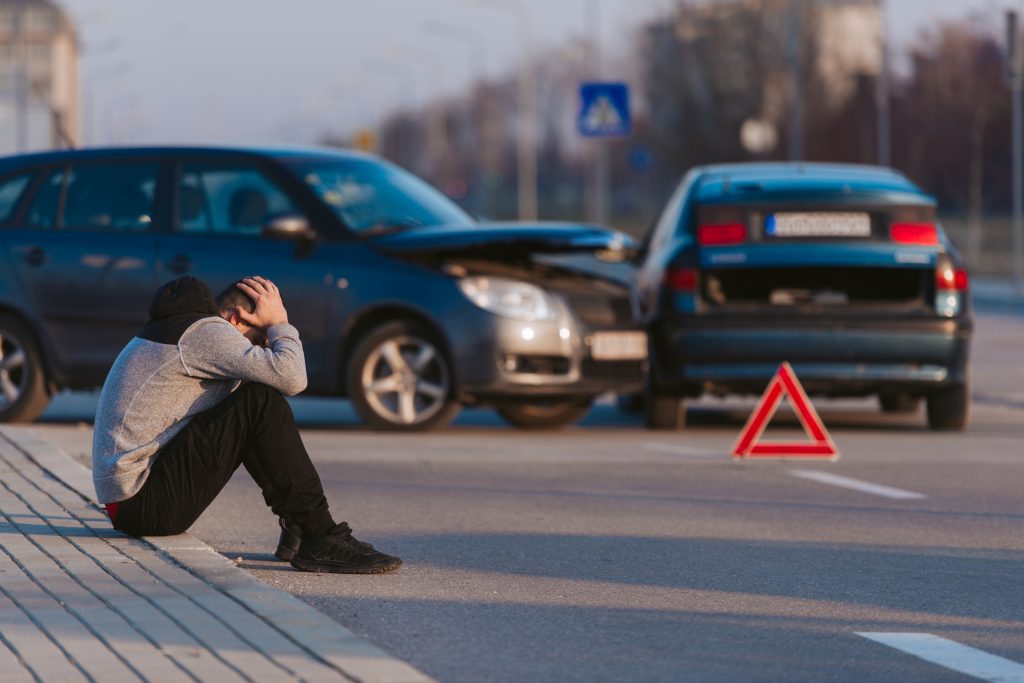Three million people in the U.S. are injured in car accidents every year and more than 90 people die as a result every day. Although some people believe they’ll never be in a car accident, it can happen to anyone.
If you’ve been in a car accident, there are ways available for you to seek compensation, such as filing a personal injury case against the person who caused the car accident.
Filing a case against the responsible party ensures you’re properly compensated for all the problems that the accident caused. There are different circumstances in every car accident, so consulting a lawyer, like lawyer abercrombie and their team who specialize in personal injury, for legal advice should be your first step. They will help you build the case and hopefully, win it too.
Additionally, another problem that people who have been in a car accident experience is trauma. Not just physical trauma, but psychological trauma that can come with a life-threatening incident. It is disregarded by some people, but post-traumatic stress disorder is a serious problem that must be dealt with.

How do you know if you are experiencing trauma or PTSD after a car accident?
It’s normal to experience a roller coaster of emotions after a car accident or any other traumatic event in your life. You may feel fear, relief, anger, worry, happiness or an array of other emotions. For some, these emotions come one at a time, but for others, they can become overwhelming simultaneously.
However, these emotions typically go away after some time. In cases of PTSD, these feelings don’t disappear. They linger and prevent you from living your life to the fullest.
Here are some other things that you should look out for:
- You have dreams re-living your traumatic experience: Difficulty sleeping soon after a traumatic event is normal. However, it should become easier to sleep as time passes. If you’re still having difficulty sleeping months after an accident and you also start having nightmares relating to it, then you may be experiencing PTSD.
- You have difficulty controlling your emotions: If, months after the car accident, you still get very anxious and struggle to control your emotions, you may be experiencing PTSD. For sufferers, turbulent emotions can arise even while completing simple tasks like grocery shopping but tend to be more prevalent in stressful situations.
- You start to avoid doing things that trigger strong feelings: Survivors of car accidents often return to driving their cars once they have fully healed and are capable of driving. However, PTSD sufferers may avoid driving and other similar triggers because they may bring on extreme emotions that are difficult to handle.
Here are some ways to handle trauma from car accidents:
- Try to incorporate exercise in your lifestyle
Staying active and exercising daily can be helpful in inducing sleep at night. Just make sure that your chosen exercises won’t worsen your injuries. Discuss your exercise regime with your doctor or physical therapist before engaging in any strenuous activity.
- Talk to family and friends
Talking to your family and friends about the car accident can help you process your emotions. The support and encouragement they provide can make you feel better and heal faster.

- Return to your normal routine as soon as you’re able
After a traumatic experience, it’s normal to feel fearful or anxious of some normal activities. This is part of the healing process. Even if some actions, like driving or being on the road, make you feel anxious, it’s important to go through with them and get used to these normal daily occurrences again.
However, if your reaction is too strong and makes it difficult to go through with the activity, then you can stop. Don’t force yourself if you’re not ready.
- Be a defensive driver
For those experiencing trauma resulting from a car accident, getting behind the wheel again may seem like an insurmountable challenge. But you can make yourself feel better and more confident in driving if you practice being a safe and defensive driver.
You can do this by following the speed limits, wearing a seatbelt at all times and focusing on the road. When driving, always avoid distractions like texting, making calls or eating. Keep your eyes on the road and remain aware of your surroundings.
Conclusion:
Car accidents can happen to anyone

GREAT POST!
THANK YOU FOR SHARING…